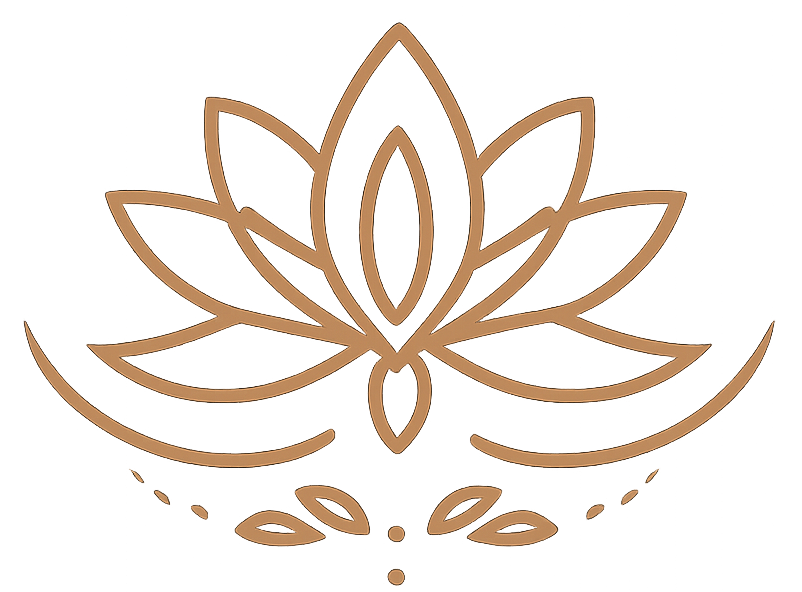Radiating positivity and offering hope:
Mary had always been deeply empathetic—a quality that everyone in her life admired. From a young age, she could sense the emotions of those around her as though they were her own. When her best friend Sarah lost her father, Mary stayed by her side for weeks, absorbing Sarah’s grief, crying alongside her, and doing everything she could to ease the pain. When a colleague struggled with burnout, Mary took on extra tasks to lighten their load. When a stranger at the park confided in her about their loneliness, Mary listened intently, offering words of comfort. Her heart was expansive, but the more she gave, the heavier it became.
The trouble was, Mary didn’t know how to protect herself from the emotional storms of others. She took on their pain, their anger, their sadness, carrying it as if it were her own burden. Over time, the weight of all those emotions began to take its toll. Mary found herself exhausted, emotionally drained, and disconnected from her own happiness. She wanted to be there for others, but she felt as though she was losing herself in the process.
One rainy afternoon, Mary was volunteering at a community center, handing out food and chatting with the visitors. Among them was Akhila, an elderly woman with silver hair tied neatly into a braid and eyes that seemed to see right through Mary’s cheerful facade. Akhila had a quiet wisdom about her, the kind of presence that made people feel at ease. As the rain drummed against the windows, Akhila invited Mary to sit with her, and the two began to talk.
Mary found herself opening up to Akhila in a way she hadn’t with anyone else. She confessed how emotionally drained she felt, how she struggled to maintain her own energy while supporting others. “I want to help,” Mary said, her voice trembling. “But it’s like I’m drowning in everyone else’s pain. I don’t know how to keep going.”
Akhila listened carefully, nodding as Mary spoke. When Mary finished, Akhila placed her weathered hand on Mary’s. Her voice was gentle, yet firm. “Mary, you have a beautiful gift,” she said. “Your empathy is a treasure, but even treasures must be guarded. You must understand this: the best way to help others is not to sink into their darkness, but to stay in your light. If you let yourself be consumed by their pain, you won’t be able to guide them out of it. You must remain balanced, for your sake and theirs.”
Mary frowned. “But isn’t it selfish to focus on myself when someone else is suffering?”
Akhila’s eyes sparkled with kindness. “Not at all. Self-care is not selfish—it’s necessary. Think of it this way: if you try to rescue someone from a river, but you don’t know how to swim, you’ll both drown. But if you learn to swim and stay strong and steady, you can pull them to safety. The same is true for emotional support. You can hold space for someone’s feelings without letting them pull you into despair. Your own joy and balance are not luxuries—they’re lifelines for others.”
Those words stayed with Mary long after their conversation ended. For the first time, she realized that taking care of herself wasn’t an act of selfishness; it was an act of love. She began to reflect on her own energy—not as something to be sacrificed, but as something to be nurtured and shared wisely.
Over the weeks that followed, Mary started to put Akhila’s advice into practice. When friends came to her for support, she listened with compassion, but she also set boundaries to protect her emotional well-being. She began to distinguish between understanding someone’s pain and absorbing it. Instead of mirroring their negative energy, she focused on radiating positivity and offering hope. Gradually, Mary felt her own strength returning. Her joy, once dimmed, began to shine brightly again.
And something remarkable happened—Mary found that she was actually more effective in helping others when she maintained her own balance. Her friends and colleagues noticed the change, sensing the calm, uplifting energy that Mary brought into every interaction. By choosing to honor her own well-being, Mary had unlocked the full potential of her gift. She was no longer drowning in others’ emotions; she was guiding them toward the light, offering a steady hand and a warm smile.
As Mary looked back on her journey, she felt an overwhelming sense of gratitude—for Akhila’s wisdom, for the lessons she had learned, and for the resilience she had discovered within herself. She knew there would always be challenges, but she also knew she had the tools to face them. By staying in her light, Mary could be the support she had always wanted to be—and she could do so without losing herself.



